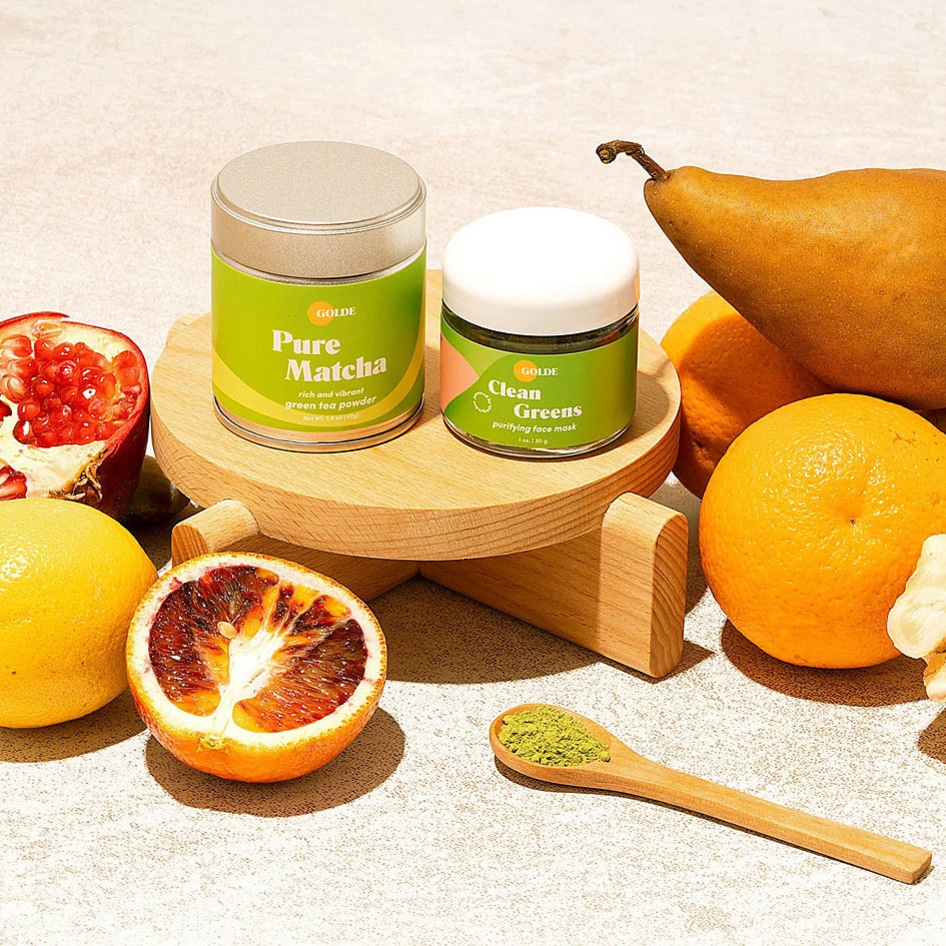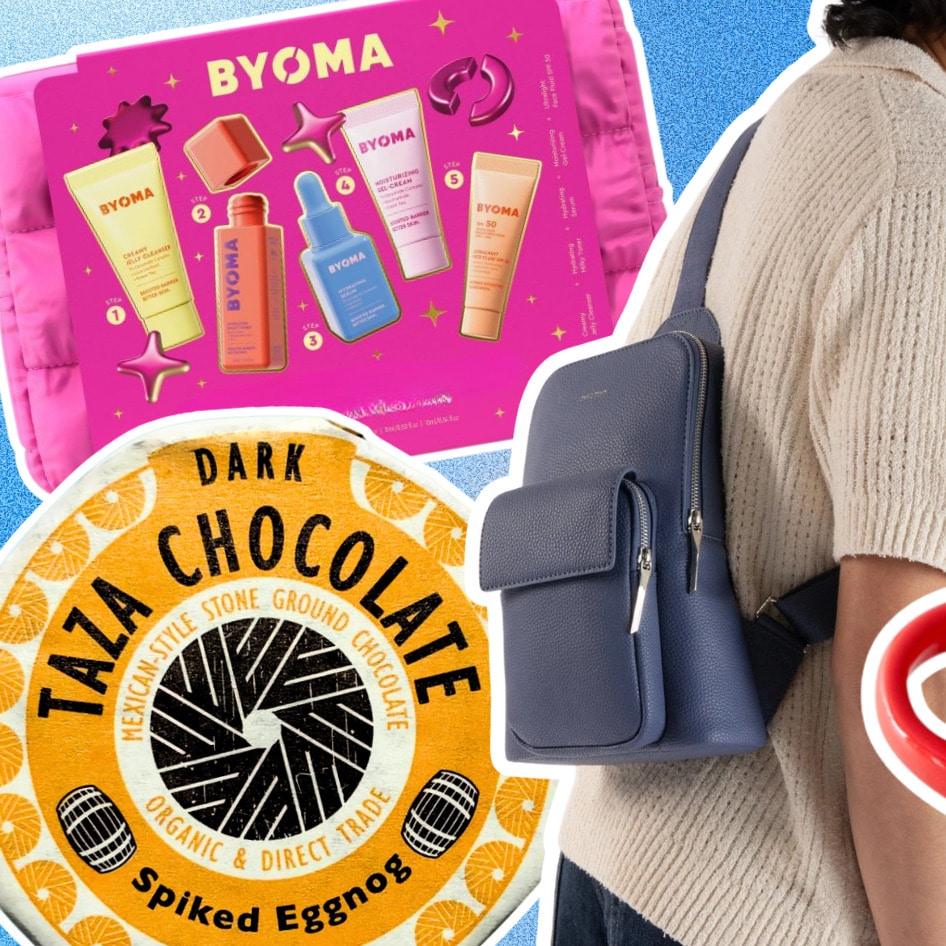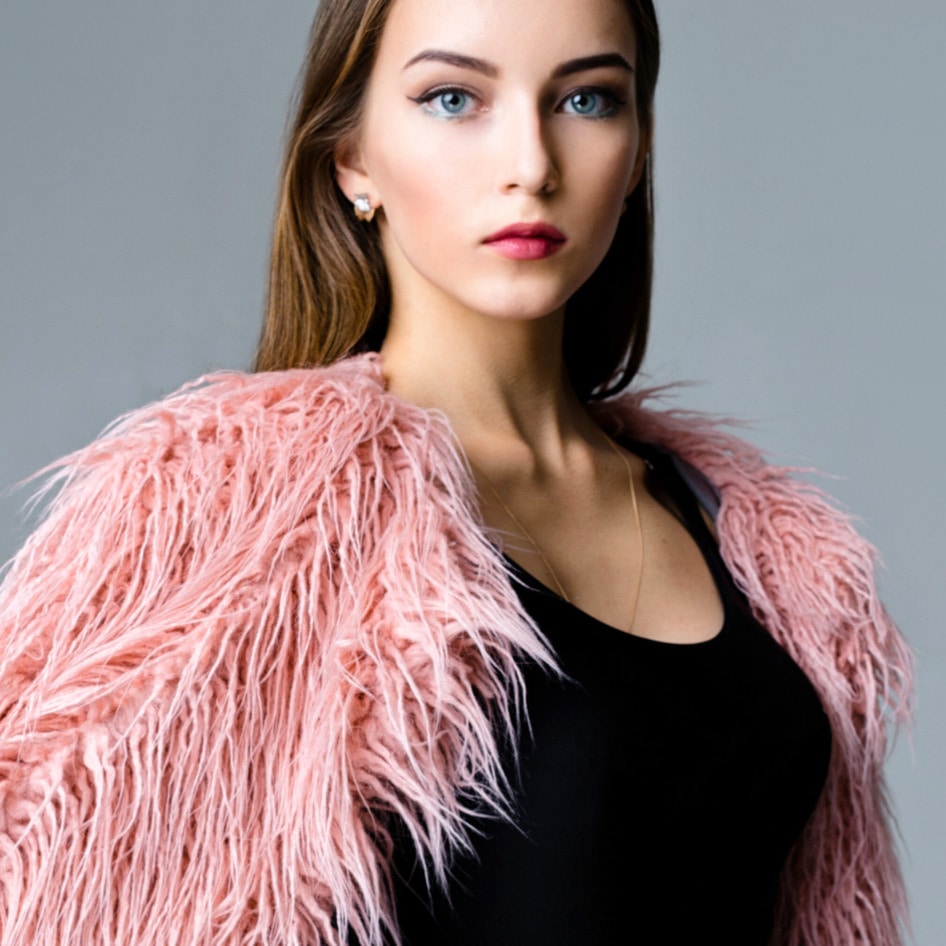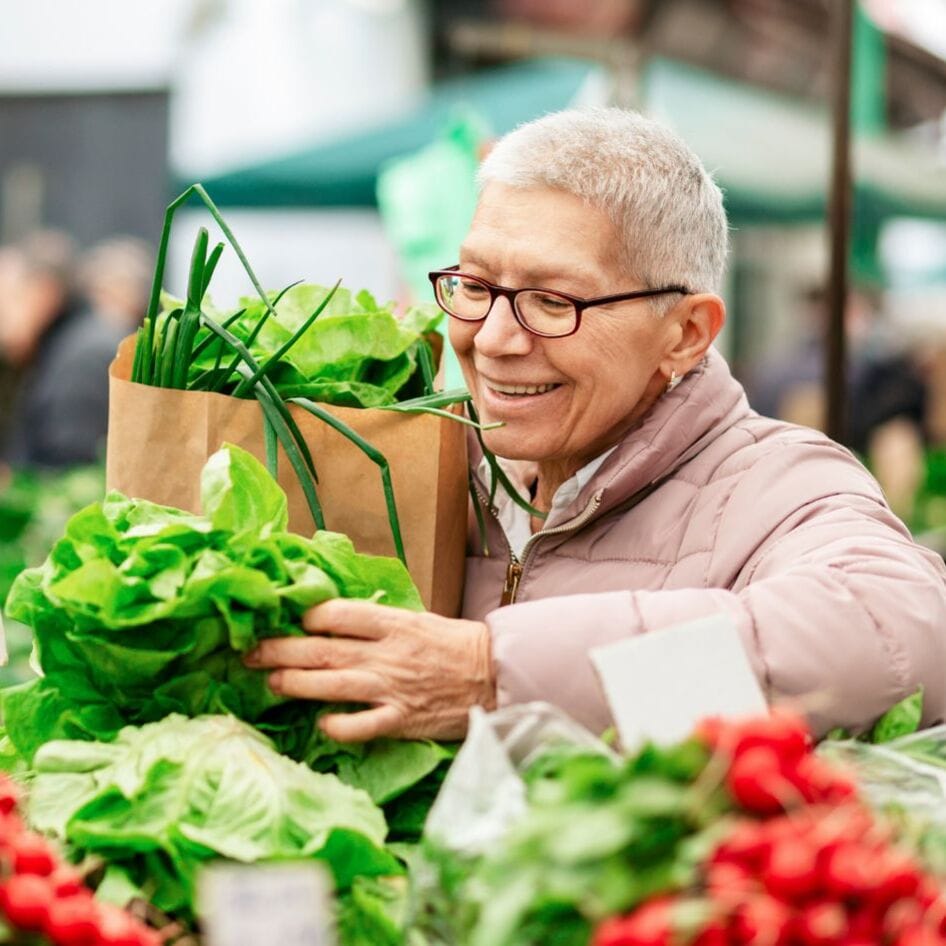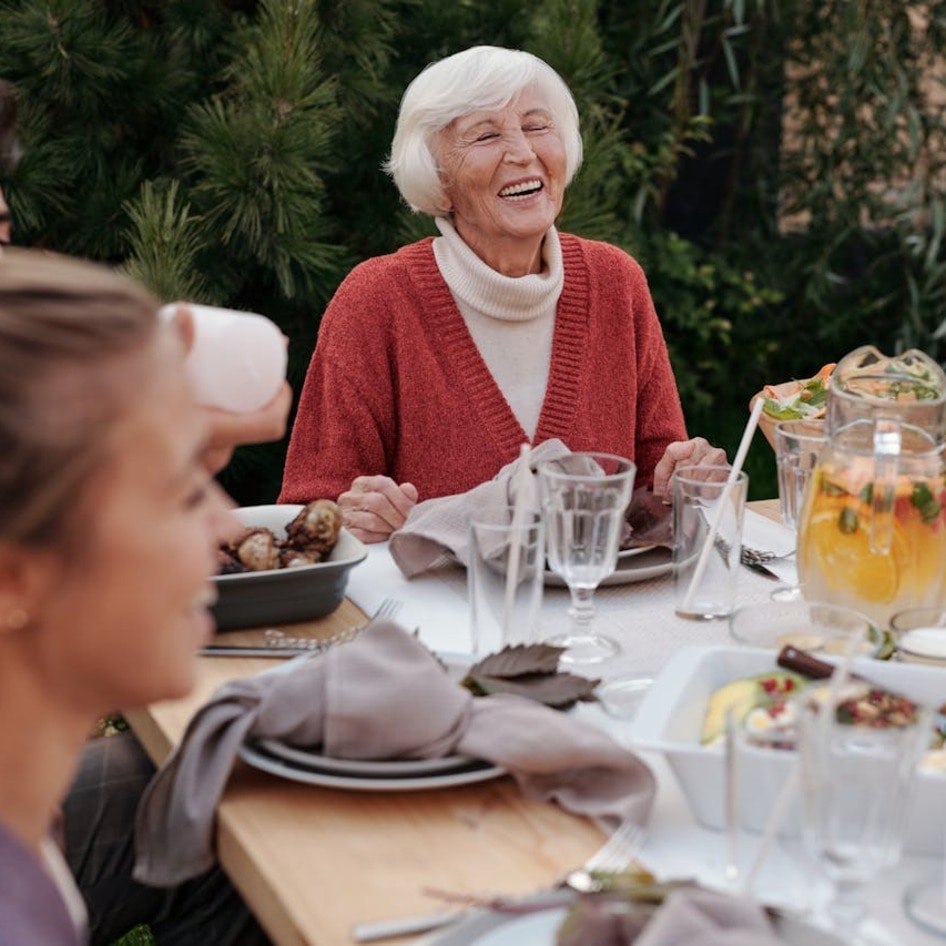I’m part of a growing community of Black vegans who are eschewing the standard American diet and working to dispel the prevailing myth that veganism is an unapproachable lifestyle. For me, “Black” and “vegan” are two nouns that merged naturally when I began my vegan journey after experiencing sickness from dairy and meat. I have since become an enthusiastic spokesperson for Black veganism, especially among my meat-loving family members. “When is your diet going to be over?” my Grandmom asked me. “Where do you get your protein from?” is a question I am confronted with on a regular basis. “Vegan fashion isn’t the most stylish” is a misconception that even I previously believed. The truth is that Black veganism is a diverse and creative movement that is redefining what veganism means outside mainstream stereotypes. Here are seven ways Black vegans are proving that a vegan lifestyle is attainable for all.
1 We’re using veganism to fight health disparities head-on.
Because of historical circumstances such as slavery and institutionalized racism, healthy foods have been kept out of our communities and cheap, processed foods are offered instead, creating a healthcare crisis for Black people. Consequently, our top health-related diseases are diabetes and high blood pressure. Black veganism is helping change this narrative by going back to our roots and embracing a diet that was once part of our rich history. While veganism may not be a cure, a healthy plant-based diet has been shown to help lower blood sugar and keep your heart strong—and ultimately challenges the poor health standards that have been set within our communities.
2 We’re putting the “soul” back in vegan food.
One of the biggest complaints about vegan cuisine is its lack of diversity and flavor. Black chefs are changing the way we think about vegan food by putting a spin on traditional dishes we’ve come to love. Health-minded influencers such as Tabitha Brown and innovative chefs such as Jenné Claiborne are teaching us how to veganize cultural dishes in a flavorful and authentic way. From Brown’s carrot bacon (which went viral for a reason) to a whole roasted cabbage turkey ideal for holidays, nourishment and taste have become a vegan standard.
3 We’re reimagining traditional proteins.
Historically, low-quality meats have been our main source of protein during slavery and beyond. With more protein options now available to us, such as seitan, tofu, and mushrooms, showstopping dishes have surfaced to replace traditional options—think vegan fried chicken made from oyster mushrooms (which will make you question the real thing) and pulled pork sandwiches that are slow-cooked just like their meat counterparts.
4 We’re establishing a new category of vegan restaurants.
Introducing ways to help combat the presence of unhealthy fast-food chains, Black-owned vegan restaurants are popping up in neighborhoods worldwide. Fast-food restaurants are twice as prevalent in poor and predominantly Black neighborhoods, so we’re attempting to transform the system by offering alternatives that are affordable, filling, and flavorful. Black-owned restaurants across the country have this very goal in mind, such as Greedi Kitchen—one of Brooklyn, New York’s best-kept secrets—that creates an authentic vegan Po’ Boy sandwiches and melt-in-your-mouth mac and cheese.
5 We’re designing fashion for the future.
Fashion is a staple of the Black community; in fact, some say it’s in our DNA. No matter the class, fashion can be seen throughout our culture. Many think vegan fashion looks too eco-friendly or only comes in dull colors. Quite the contrary, there are many Black vegan designers who offer stylish clothing and accessories, such as Jo-Anne Vernay for luxury vegan shoes made from pineapples, Telfar for a collection of iconic unisex vegan bags, and Studio 189 for naturally dyed clothing made in Africa.
6 We’re creating cruelty-free beauty products for our skin.
Stepping outside with a bold lip, finished brow, or glowing skin is something most of us are not willing to give up for a vegan lifestyle. That’s no longer an issue now that Black-owned vegan and cruelty-free brands have started making beauty and skincare products that are made specifically for our skin. In recent years, many of these brands have become industry leaders by promoting beauty, veganism, and Blackness, such as lipstick brand The Lip Bar and CBD-based beauty brand Brown Girl Jane.
7 We’re advocating for our communities.
In addition to advocating for animal welfare, improving human health, and promoting environmental sustainability, our core values are community-building and empowerment. Through social media influencers and initiatives that advocate for Black veganism, such as Plant Powered Sistas and Black VegFest, we are thriving through unity and teaching our communities the power of vegan food. The more we educate and inform about what it means to be Black and vegan, the more social change we will see.
For even more Black vegan changemakers, read:
10 Black Vegan Chefs Redefining Plant-Based Food and Community
11 Vegan Cookbooks by Black Authors You Need In Your Collection
25 Black Vegan Instagrammers You Need to Follow ASAP
Dyandra Raye is a plant-based fashion advocate and founder of Jo-Anne Vernay luxury vegan shoes made from pineapples.
JUMP TO ... Latest News | Recipes | Guides | Health | Subscribe


